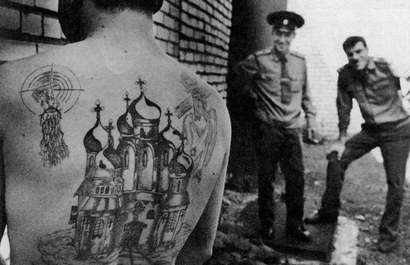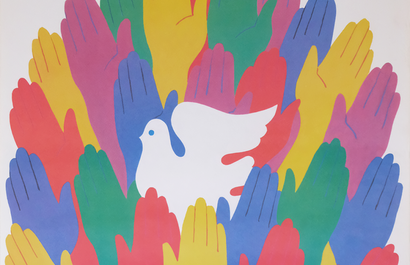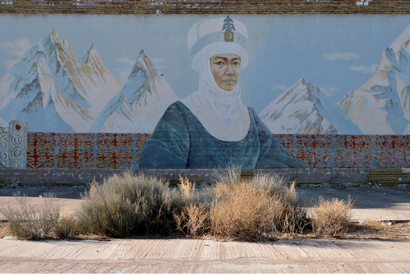Behind the Propaganda Poster: Environmental Policy in the USSR

‘April is the month of cleanliness”, declares a serenely smiling sun. Broom at the ready, she reminds us to ‘tidy up our environment’ in this Lithuanian propaganda poster from 1972.
The Policy Behind the Propaganda
It wasn’t a new sentiment. The Soviet Union had been proactive about environmental protection for almost a century already. In the 1890s, ‘Zapovednik’ – essentially nature sanctuaries – had been established across the USSR. Intended to be kept ‘forever wild’, access by the public was restricted in order to protect sites of particular natural or cultural heritage.
Environmental protection was still enough of a priority in 1972 – the same year this poster was published – that both the USSR and the USA signed the Agreement on Cooperation in the Field of Environmental Protection. Significantly, it was signed at the same summit as the Strategic Arms Limitation Treaty (SALT). SALT curtailed the manufacture of missiles capable of carrying nuclear weapons, and signalled the beginning of the end of the Cold War. That environmental policy was on the same agenda shows quite how seriously it was taken by both superpowers.

Did the Propaganda Work?
But despite this promising approach to public policy, the USSR still saw one of the worst ecological disasters of the 20th century.
The Aral Sea was once the fourth largest lake in the world, equivalent to the size of Ireland. In the 1960s, the USSR enlisted prisoners and volunteers to build over 20,000 miles of irrigation canals. The goal was to divert water from the Aral Sea to plains in Uzbekistan and Kazakhstan, where water-intensive crops like cotton and melons could be grown and exported, reducing dependence on international food markets.
The Aral Sea quickly began to quickly recede. By 2007, it had shrunk to 10% of its original size. The impacts have been catastrophic: islands once used as biological weapon testing sites and dumping grounds have been left exposed. Pesticides and fertilisers have polluted the remaining water supply and soil, leading to rapid desertification. There are high levels of infertility, miscarriages, and complications during pregnancy and in birth in the area, while 60,000 fishermen have lost their livelihood.
It’s not all bad news. Kazakhstan and several NGOs are working to reverse the damage done and life is slowly returning to the Aral Sea. Shop our environmental posters below or explore the collection here.






